'There's a very strong feeling of sisterhood that I feel is missing in Indian households.'
'I genuinely advocate the feeling of sisterhood because I feel that some of the strongest bonds, friendships and support groups could be our immediate relatives.'
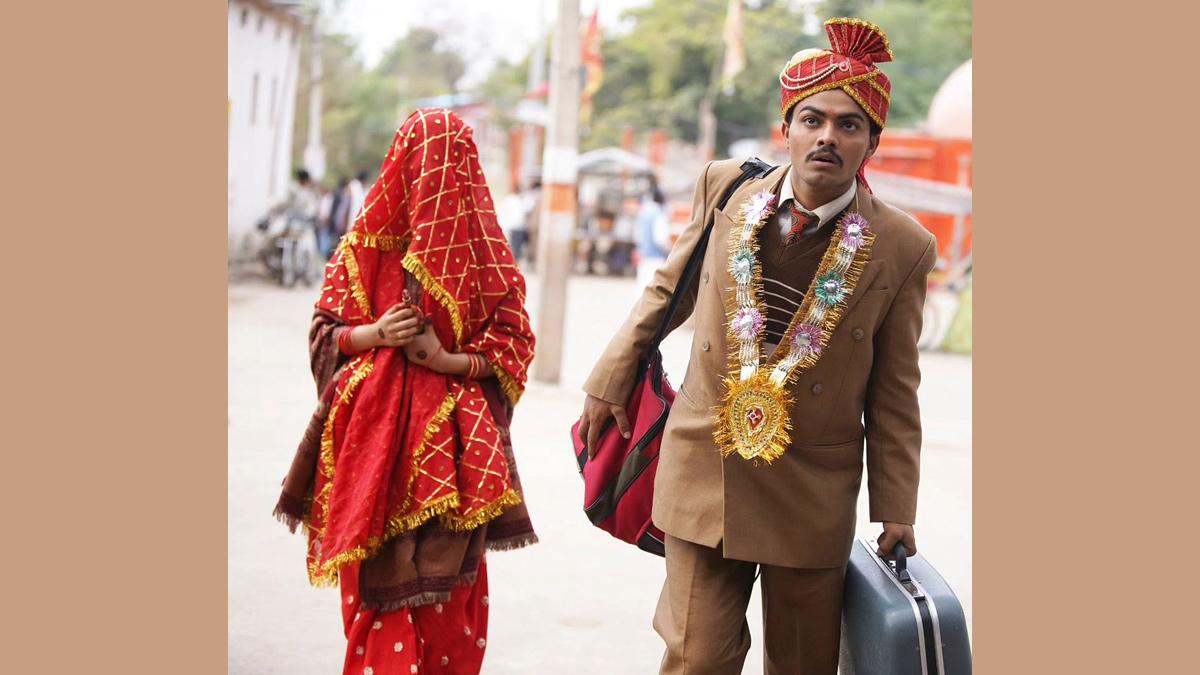
As Lapatta Ladies races towards a possible Oscar nomination or better still, the award itself at the Academy Awards 2025, its team is waking up to success too.
There's Nitanshi Goel, who dreams of being a lady Shah Rukh Khan.
There's Pratibha Ranta, who went, wide-eyed, from the sets of Lapatta Ladies to Heeramandi.
There's Sparsh Shrivastava, who dreams even bigger and wants to romance Rekha.
Then, there's Kiran Rao who wants to tell the stories that others perhaps may not want to.
But the film's biggest star is its writer, Sneha Desai.
She tells Ronjita Kulkarni/Rediff.com, "So much content is being consumed every day that we cannot afford to relegate girls to just dancing around trees."
You weaved such interesting characters like Phool, Jaya, Deepak. How were they born?
I'm a middle-class girl, born and brought up in Mumbai.
Right around us, we see so many women -- and even men -- who are trying to balance their traditional roles with their personal aspirations.
People are trying to prioritise, compromise, strike some sort of balance and take baby steps to realising their dreams.
I have seen my mother and my mother-in-law who have succumbed to societal conditions.
Women like Phool and Jaya came from a lot of subconscious characters that I have known.
As we started chalking them out, Kiran and I started setting boundaries that yeh itna hi kar payengi.
We did not want Jaya to become a hyper feminist or Phool to be a doormat.
They should not look out of the milieu that they were set in, so their rebellion had to be measured.
Manjumai's character was not even there in the story. She was Kiran's brainchild.
Kiran felt that we needed somebody who would strike a balance between Phool's submissiveness and Jaya's dynamism.
It had to be a different age group, a different texture, a little rough, a little scruffy, somebody who has had bittersweet experiences in her life and come out of them. So it was a very different representation of women that we wanted to do through Manjumai.
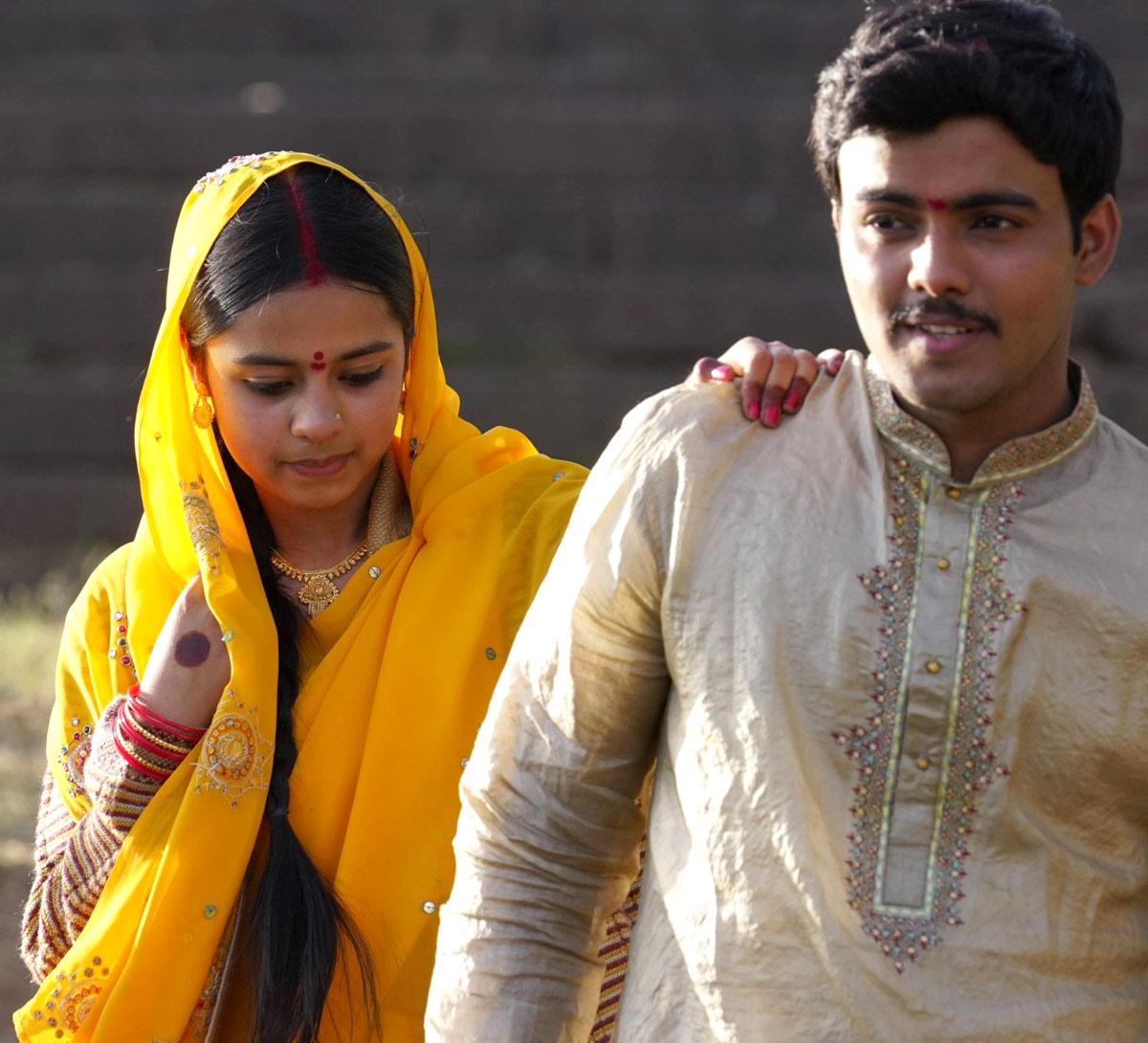
You have said that Deepak was your weakest character.
Yes, on paper.
If you see, Deepak has no real agency. He is not making any difference to the narrative.
He is someone who is waiting on the sidelines and watching it all unfold.
But the kind of dimension that Sparsh brought to his character and the way he embodied Deepak, a reluctant hero, who is so loyal to a girl he has met for just two or three days in his life, and how helpful and respectful he is towards Jaya... Full marks to Sparsh for taking Deepak into a very different league.
Ravi Kishan's character started grey but ended on such a beautiful note.
Ravi Kishan's character had one of the finest arcs. At no point in the film can you predict that he will make this switch.
Even while we were writing, we were extremely conscious so that we don't give out the fact that the character will flip in the climax.
Divyanidhi Sharma, the additional dialogue writer, belongs to the heartland and gave some wonderful shades to Ravi Kishan's character.
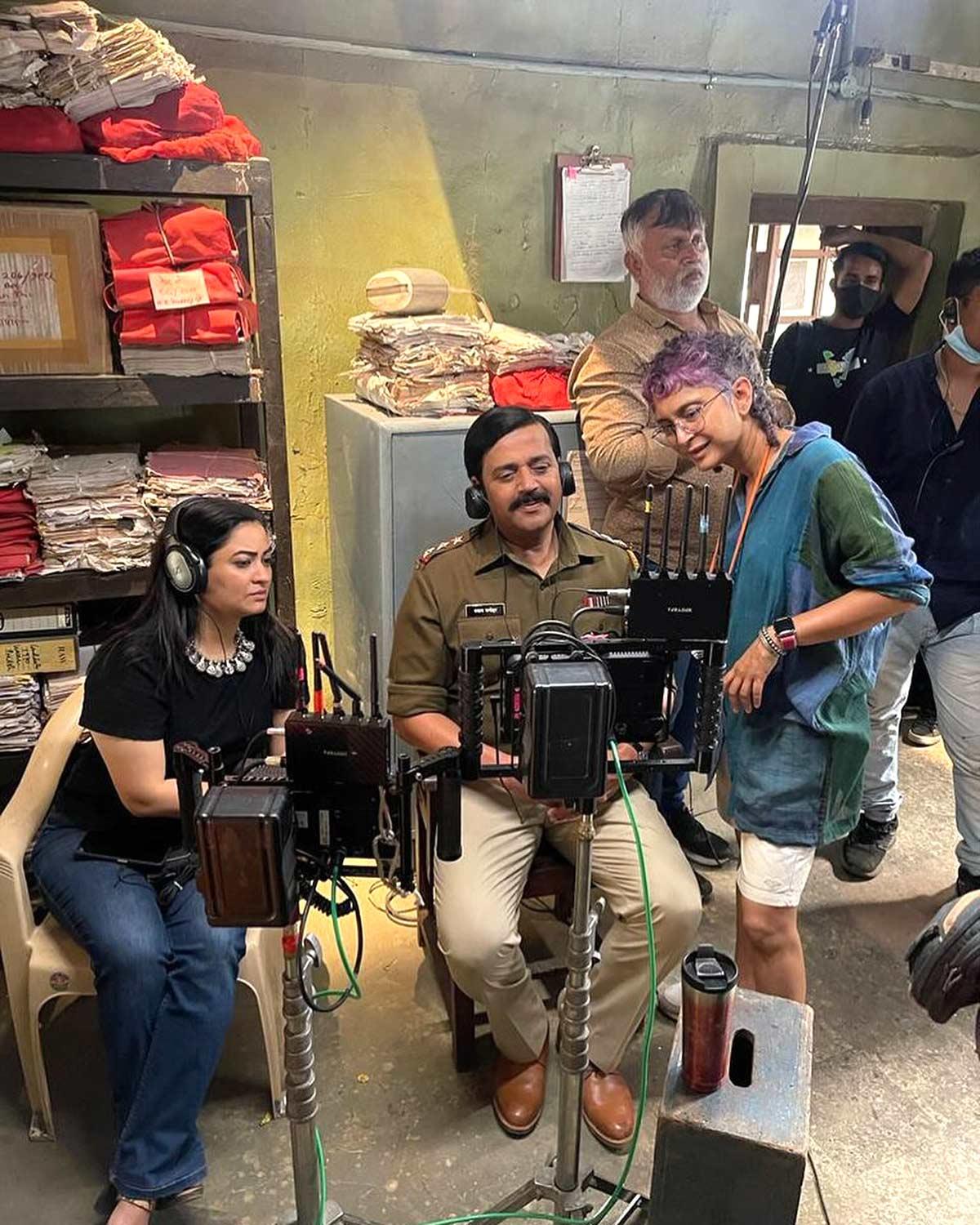
This is one of the rare women-empowering films that does not resort to male-bashing.
Some of my finest friendships have been with men.
Some of my greatest cheerleaders have been men.
So I was very sure that I did not want to go into male-bashing.
I wanted the men -- Deepak, Deepak's father, his grandfather, his friends -- to be supportive within their limitations and halka sa progressive also.
Do you think that female characters are finally getting the importance they should in Hindi films and are rising above the arm candy/ damsel-in-distress roles?
Yes, most certainly. I think everybody is evolving -- the audiences, the writers, the makers...
So much content is being consumed every day that we cannot afford to relegate girls to just dancing around trees.
There are so many beautiful narratives that come out of women-oriented subjects.
We have such wonderful actors who can perform them so beautifully.
Also, I think more and more representation of women in the writers' room as well as in the production studios is certainly helping.
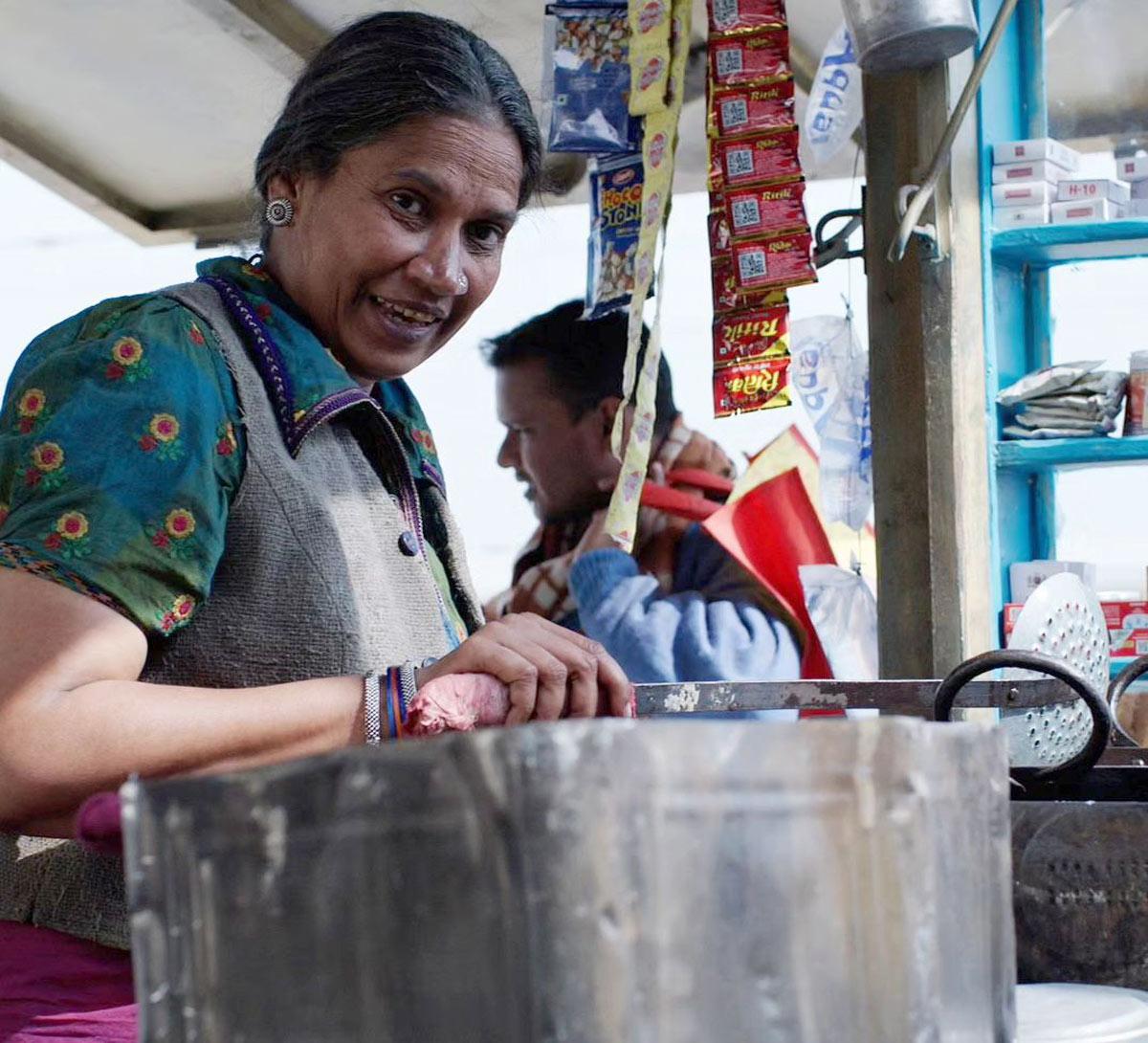
Was there any scene that made you emotional while writing it?
Yes, the moment when Manjumai has that morsel of Kalakand in the end.
I felt that if I felt so strongly about it, it would work across audiences.
What is your favourite line in the film?
A couple of them but the foremost would be hum aurate saas, bahu, nanand, jaithani toh ban jaati hai par ek doosre ke saheliyaa nahin.
There's a very strong feeling of sisterhood that I feel is missing in Indian households.
I genuinely advocate the feeling of sisterhood because I feel that some of the strongest bonds, friendships and support groups could be our immediate relatives.
And that scene almost got edited out because the story wasn't really moving ahead. It was just a talkie scene.
We had ear-marked it that if we needed some further edits, this scene would go.

Which scene did go?
Oh, there were a couple.
There was a wonderful scene right at the beginning of the film, when Phool is on the way to her in-laws and is waiting at a bus stop while Deepak has gone to buy a train ticket.
Some boys there eve-tease her but she can't even see through her ghoonghat and see who's doing it. It was a hilarious scene.
You're a Mumbai girl. How much of that rural life were you acquainted with? How much research did you do to know that life better?
See, there was no research into the rural life as such. But yes, we had a consultant who helped us.
But if you go to see, it's pretty universal, it's just that you see the women dressed in a certain way, with the sari and ghoonghat.
Their problems and aspirations are pretty universal. All of us, at some point, have faced these problems in some form.
The flavour eventually came out with the casting, the dialects, the production design and shooting in Madhya Pradesh.
What is Kiran Rao like as a director?
Extremely affable, extremely accessible. She's very intuitive and clear about what she wants.
She's a wonderful collaborator. She doesn't assign work, she's with you while you're working.
She's very happy to discuss things, to brainstorm, to tweak things and get that right sur.
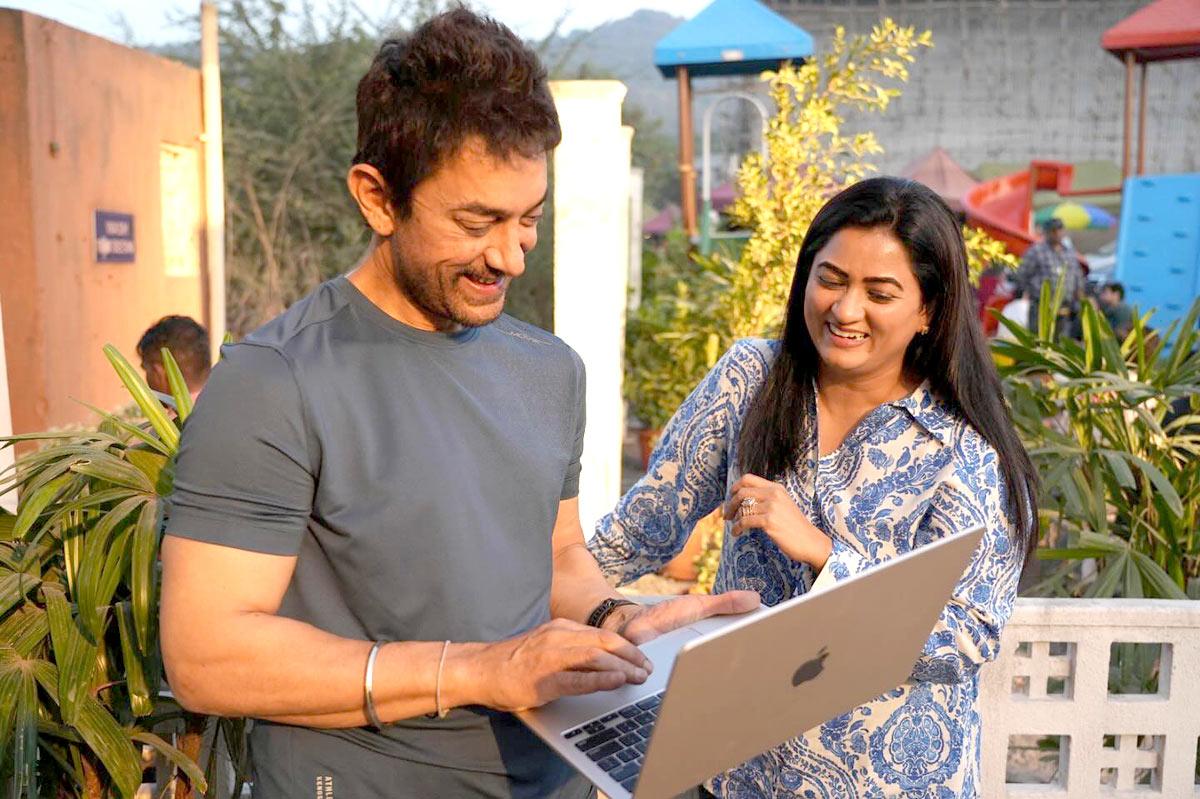
How involved was Aamir Khan?
He was involved throughout, but not in the day-to-day nitty-gritties.
He would enter the room at very opportune moments. Like, he was there for the first draft and then he let us brainstorm on it.
After we were ready with the second draft, he heard it again.
He was there hands-on during the pre-production and casting. He's got a wonderful eye for edits.
But he also let us have that kind of space.
What were his suggestions like?
Like, how a scene would be perceived, where a character should get a little arc, kahaan par yeh scene edit karlo toh suspense rahega... things like that.
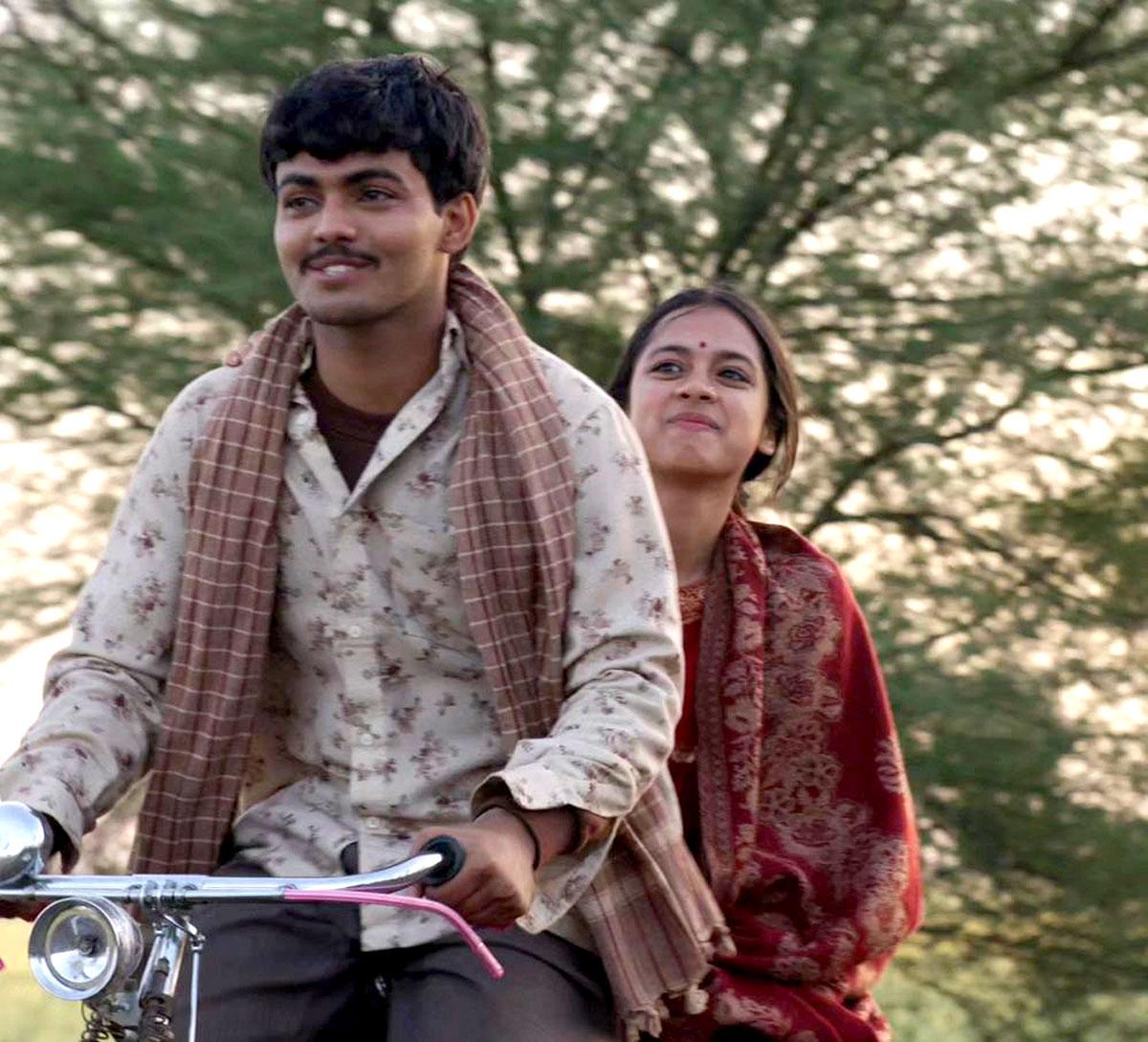
How did you become a writer?
It was completely unplanned.
I was, I still am actually, an actress on the Gujarati stage.
I've done about 1,200 to 1,800 shows on Gujarati stage.
After I had my son, going for shows and tours became difficult. That's how writing started. So the writer in me is as old as my son is: 14!
I started writing in 2010 with Gujarati theatre, then Gujarati television, Hindi television, and then Hindi films was the natural transition.
Your first story was the Junaid Khan-starrer Maharaj. How did you get that?
Maharaj had a Gujarati backdrop. The director, Siddharth Malhotra was aware of the work I was doing on the Gujarati stage, and brought me on because of that.
Since the film was Junaid Khan (Aamir Khan's son)'s debut film, when I went to meet him for the narration, Aamir sir and Kiran ma'am also sat for it.
That's how I got to meet them, and they got to judge my work.
Lapatta Ladies was written by Biplab Goswami, who had entered in a competition that Aamir sir was judging.
During the first lockdown, they asked me to write the screenplay.
Television is known for its regressive shows. How did you work around that when you wrote for TV?
I tried to create characters that were not regressive in the kind of proportion that you see on television, be it Wagle Ki Duniya or be it Pushpa Impossible.
I did not want to write something that I did not agree or identify with. So whatever little success that I've achieved on television has been because I have tried to break away from those stereotypes.
Having said that, one must also understand that the target audience of the medium is such that the kind of content you dish out has to be palatable.
It has to agree with the audience's taste, so one has to tone the narrative down.
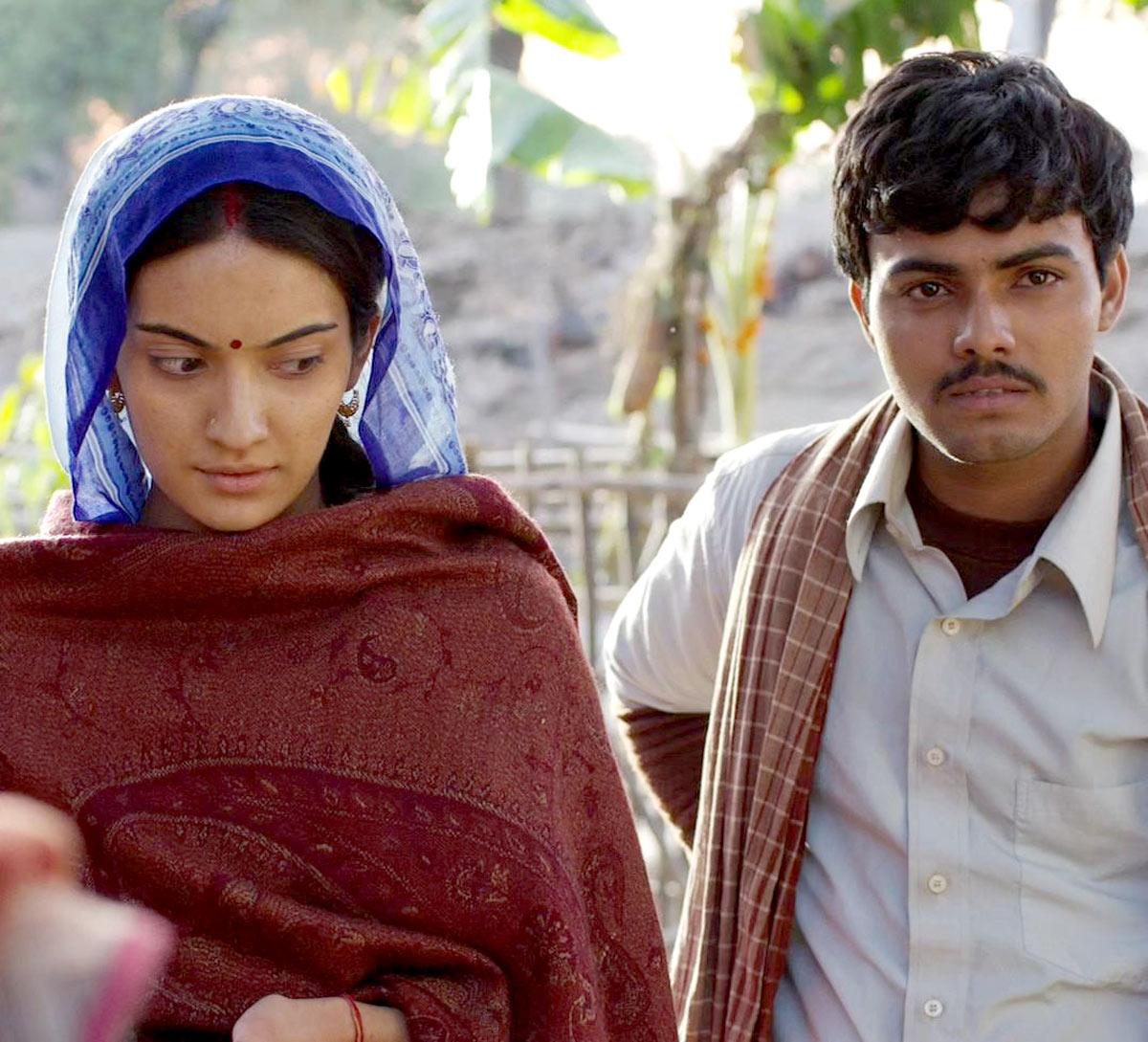
How different is the writing for the three mediums, theatre, television and films?
Very different.
Theatre needs a lot of spoken words, television needs a lot of spoon-feeding and films need an economy of the spoken words, maximum visuals mein minimum expression ke saath convey karna chaiye.
On stage, it's a three-hour play, so if you say something just once, it's enough.
Television is a repetitive medium. You have to constantly keep hammering what the story progression is, so that people who are dining at the same time or talking on the phone at the same time, or having a passive view of what is going on TV can keep remembering what is going on in the protagonist's life.
These three mediums are very difficult to shuffle and I'm not sure if there are many writers who have successfully dabbled in all three.
It took me a little while to adapt to films.
Full marks to Aamir sir and Kiran ma'am for that because wherever the scene felt lengthy or too verbose, they would tell me so.
Itne mein hi kitna convey ho jaata hai.
I learnt the art of economy here.
Content has become king, but has the importance of a writer improved?
I think writers were always important and will continue to remain important as long as people want sensible stuff. There is still a lot of nonsensical stuff that is coming out that audiences are enjoying, and it's making a lot of money also.
I feel people need some sort of balance.
When you constantly dish out mindless stuff, you are dumbing down the audience and limiting their palate.
The onus is on the maker to celebrate different kinds of content.
Yes, I understand that there are commercial requisites and limitations but it’s very difficult to make a bad film if what you have on paper is strong.
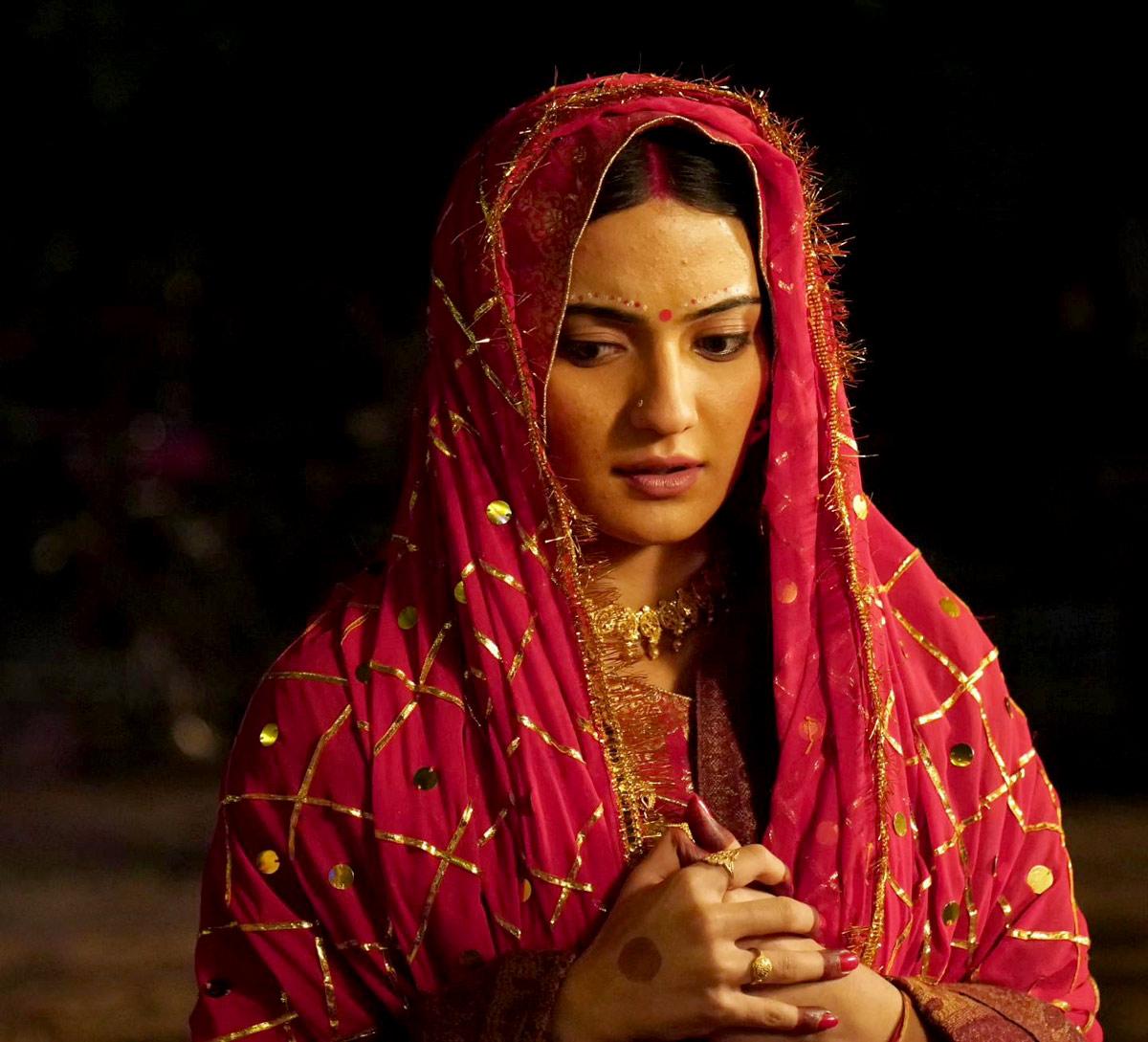
Do writers get better paid now? Do they get more respect now?
Well, I am just two films old so am in no position to comment but the respect and money that you get is in direct proportion to the work that you're churning out.
You are as good as your script.
But yes, writers know their rights now and production houses are becoming more flexible, the contracts are in place. The corporate structure is certainly helping the writers.
What are the things writers bitch about when they get together?
(Laughs) Paise kum mil rahe hai, hamare kaam sabse pehle shuru hota hai and sabse end khatam hota hai.
The writer is the first one to start work on the project and has to be on standby right till the dubbing gets over in case there's a last minute change in a line.
Which Bollywood writers do you like?
Juhi Chaturvedi is a great writer.
I have enjoyed films written by Salim-Javed,
Honey Irani has been a wonderful writer.
The way Vishal Bhardwaj adapts is fantastic.
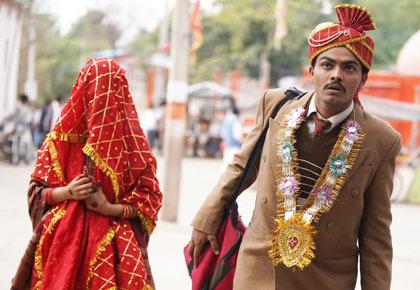




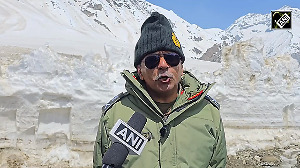

 © 2025
© 2025